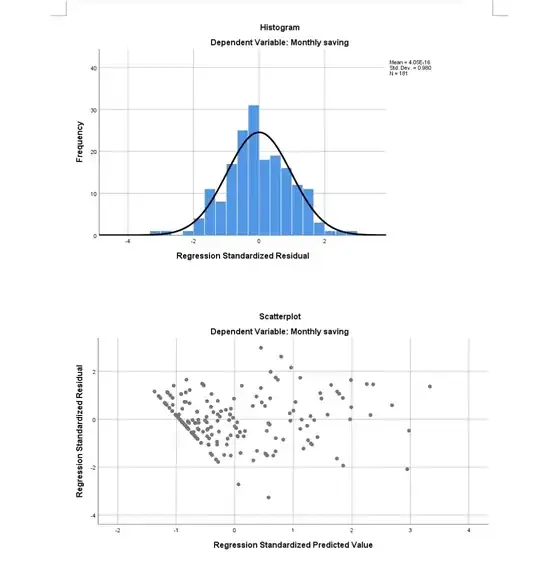Let's consider $Y_n$ the max of $n$ iid samples $X_i$ of the same distribution:
$Y_n = max(X_1, X_2, ..., X_n)$
Do we know some common distributions for $X$ such that $Y$ is uniformly distributed $U(a,b)$?
I guess we can always "construct a distribution" $X$ to enforce this condition for $Y$ but I was just wondering if a famous distribution satisfies this condition.
